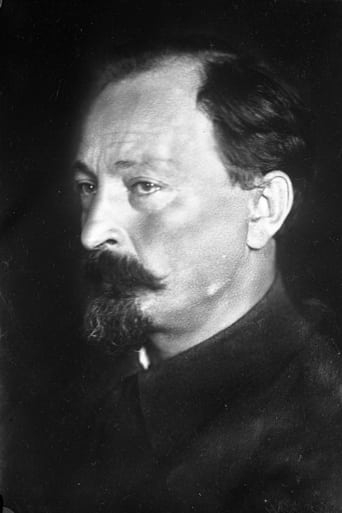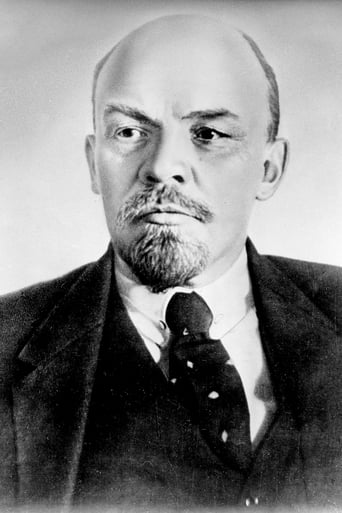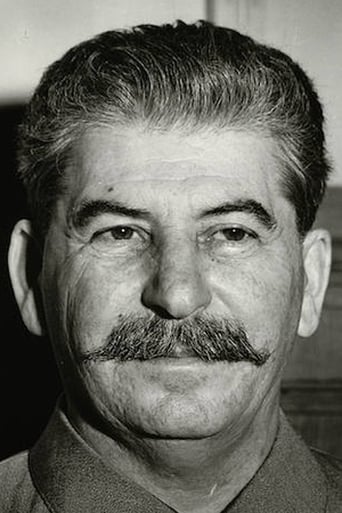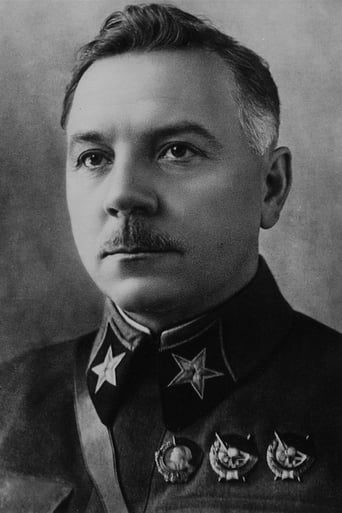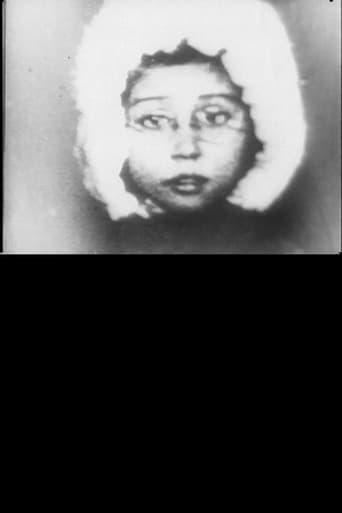
Beginning
February. 01,1967Philosophical essay about the October Revolution of 1917 in Russia, its influence on the destiny of the world in the 20th century.
Similar titles
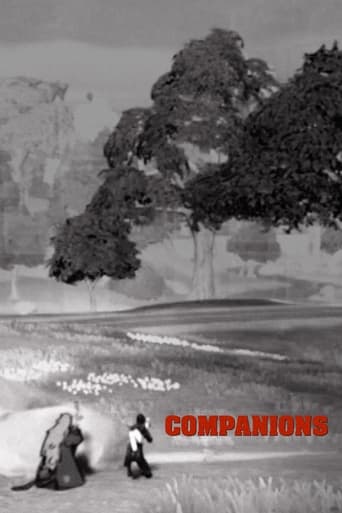
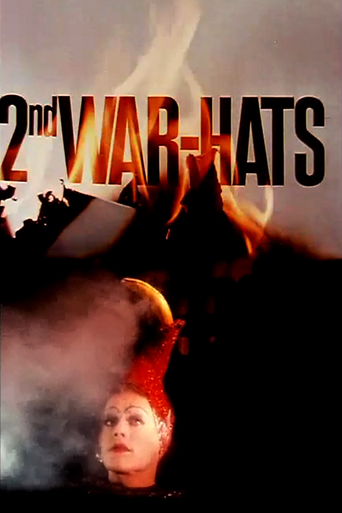

You May Also Like
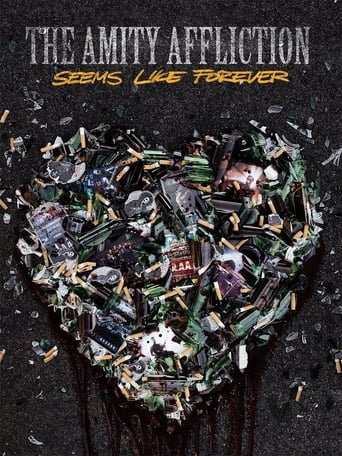
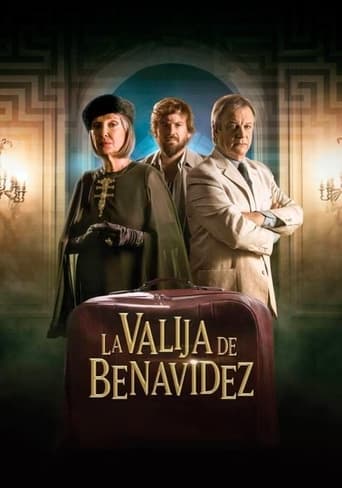
Reviews
I think this is a new genre that they're all sort of working their way through it and haven't got all the kinks worked out yet but it's a genre that works for me.
Too much of everything
Strong and Moving!
It's entirely possible that sending the audience out feeling lousy was intentional
"Skizbe" or "Beginning" is a Soviet 9-minute movie by Armenian filmmaker Artavazd Peleshian. And it is like most of his other movies. There is no Russian language in here, it is in black-and-white, it is a documentary and music plays a major role. The filmmaker's last work was titled "End", but this is not his first despite the title. It is his take on politics and military. I personally did not enjoy the watch too much, but taking into account that this was fairly early in his career and he was not really experienced, I will be a bit generous with my rating. It may have been a solid film for a movie from half a century ago, but it has not aged too well. I think it's not one of Peleshian's best or worst, somewhere in the middle. Overall, I have to give it a thumbs-down though. Not recommended.
This is a review of a collection of Artavazd Peleshian's works: Earth of People (1966), Beginning (1967), We (1969), Inhabitants (1970), Our Century (1983), Life (1993).I was directed to this man, who Sergei Parajanov called 'one of the few authentic geniuses of cinema', by a friend who knows my tastes and on the basis of my strong affinity for Soviet montage. Now all those people - Eisenstein, Kuleshov, Vertov, etc - by the time sound rolled in were scattered to the four winds by Stalin and the censors. At least this revolution was prematurely brought to a halt, in my estimation the most defining and important in the first half of cinema and possibly to this day. The most experimental work in this field was never really allowed to blossom. What we got in these 10 years was enough to change the way we see.Now my notion of Soviet montage is simple: a world that is animated in full rigor and solely by the impulse to see. Story in this mode is not our reason to see but rather the tumultuous after-effect of being engaged to do so. It emerges but only as we edit and synthesize continuously shifting glimpses into one.Enter this guy, who came to the scene a few decades later and was allowed to work unobstructed and in complete anonymity. No doubt he has intimately studied all these past masters but above all feels a kinship to Dziga Vertov. Outwards his movies are composed symphonically, as paeans, with every intersecting set of images - about work, war, nature, or mundane life - annotating the impulse to reveal overarching destinies.Now you may be told that Beginning celebrates the Revolution or We the fate and place of the Armenian people, but that goes against the grain and soul of the work. Leave that for commentarians. No, this is specifically designed to be open enough to complete you and some part you lacked the images for. You will know this as about your strife, perhaps internal. Your fate and place in the world at large.This is important to note: every pull of the cinematic eye in any direction, say suddenly a set of images about conflict or animals being tugged away, is a pull into blank narrative space. You fill from experience. The threads disperse again and intersect.Now all of these are worth at least one watch for just the consummate craft on display. For just the eloquence of images and the talent to edit, equalled only by a few. I have been playing and re-playing these on and off for about a week now. But if there's one that you absolutely have to watch before you die, that is Our Century. It is a 2001 but with none of Kubrick's vaingloriously Roman touch. Scratch that, its film cousin is Solyaris: a vast space odyssey mapping inwards, conflating every tragic, manic, ludicrous, funny, anxious, insane, desperate, poetic contraption of humankind to grow wings and fly into a swirling evocation of the soul's primal desire to soar.This is one to keep and this man worth getting to know.
The films of Armenian director Artavazd Peleshian are almost impossible to describe, except (inadequately) as non-narrative short subjects, a blanket category which says nothing about the visceral impact of both pieces in the program I attended, during the 1987 San Francisco International Film Festival (where 'In the Beginning' screened alongside Peleshian's 'The Four Seasons'). His work had already been compared to Dziga Vertov, Bruce Connor, and the young Werner Herzog, but on the evidence of only these two brief excerpts he emerges as a unique, exciting discovery in his own right.'In The Beginning' is a quick, kinetic flow of brilliantly edited found footage: crowds running; armies colliding; masses in motion, repeated, reversed, and freeze-framed in dizzy choreographed rhythms. 'The Four Seasons', equally spectacular, presents a series of hypnotic and powerful images from his native country: of shepherds and their flocks fording a torrential mountain river, and farmers grappling with what look like huge haystacks on a near-vertical mountainside.In each film the emphasis is more on the poetry of the montage itself rather than on any premeditated message, making them easy on the eyes as well as fascinating to ponder.
okay so we are definitely watching the 'beginning' of something spectacular, in this case weird pictures of lots of Nazi's and piles of lifeless bodies, what the BEEP... we do not want to see this, yet, it's fascinating in a disturbing way. images of the horror in war time are flying in our eyes, it's ugly, but it's shown to us in an esthetically way. do we want to see this? people being destroyed like old machines... people running for their lives... people fighting in blurry images... we definitely don't want to see the graveyards, but Peleshian shows it all, without hiding anything. so why does he show the same images many times two or three times? because there are too many deaths to be shown on a short documentary like this? it's not much fun to watch, but after a while, the images of war disappear a bit and we see evolution in all of its phases. it's more relaxing that way. so why so much images of wartime again? maybe because Peleshian want us to realize war is never over, even when it's actually done. there's always war somewhere. that's my interpretation of Artavazd Peleshian's 'Beginning'. the movie is over before you get the message and that's a pity, it's worthwhile thinking about Peleshian's philosophy. a black screen is followed by the face of a child, which I interpret as innocence destroying hate. beautiful.
Top Streaming Movies













